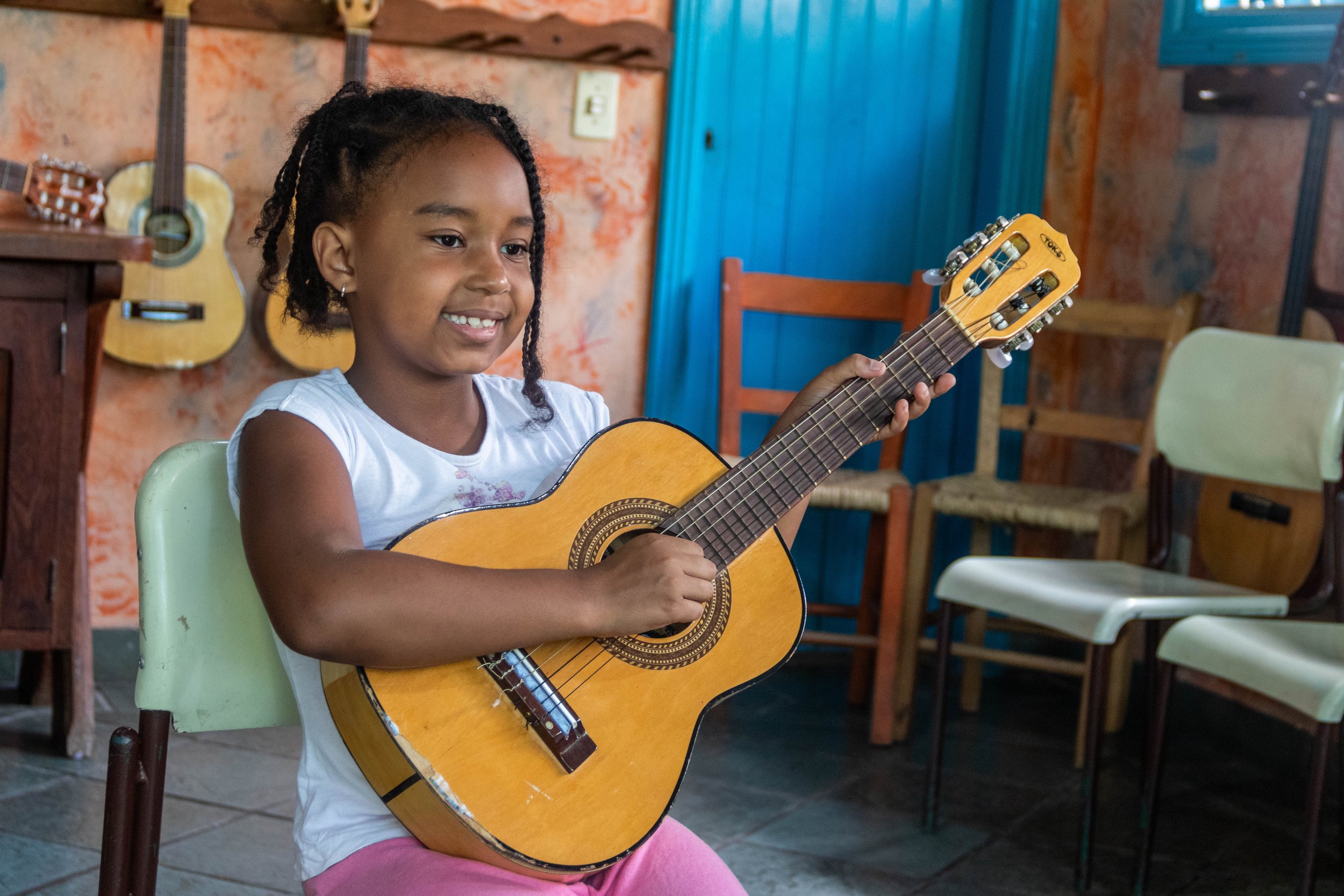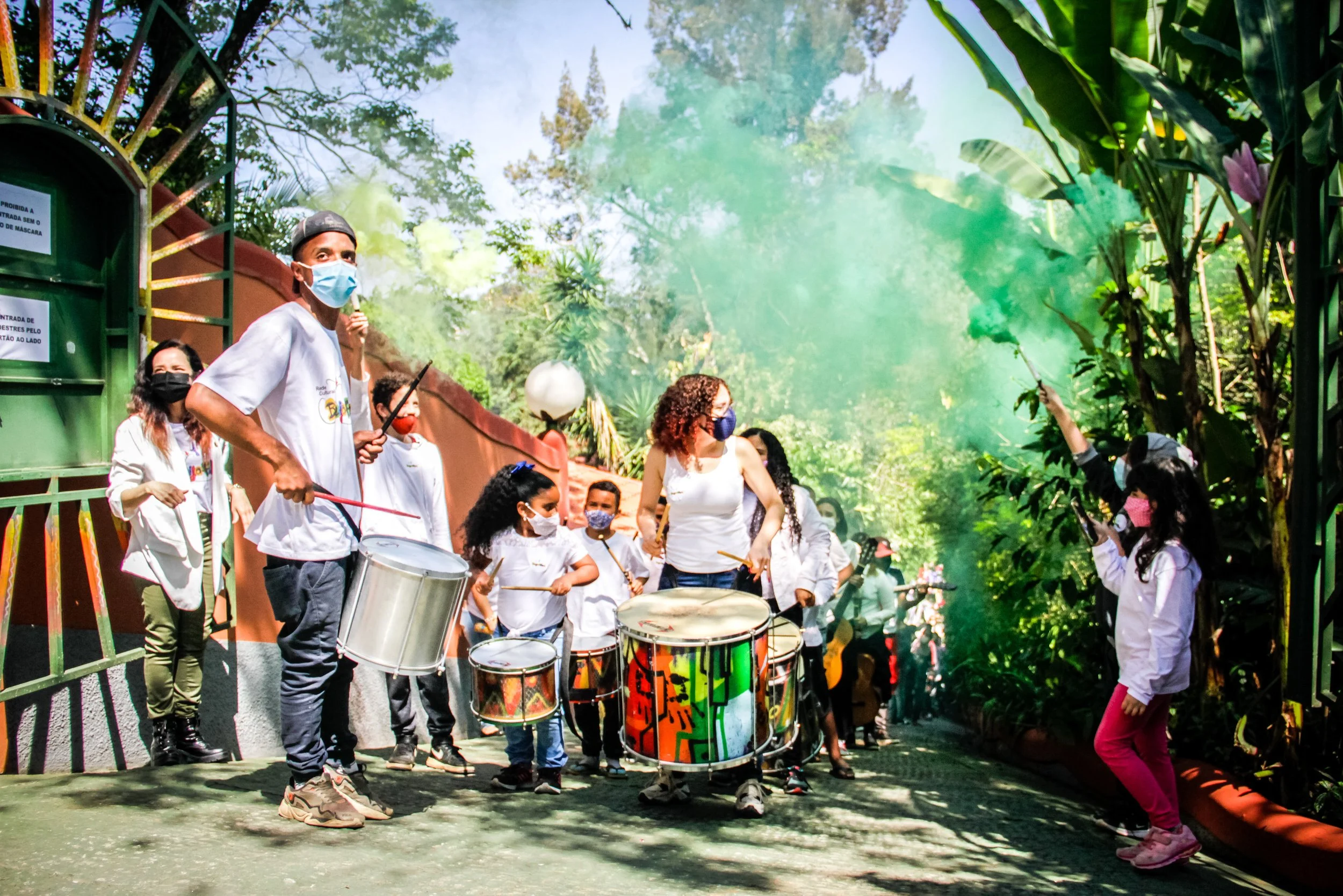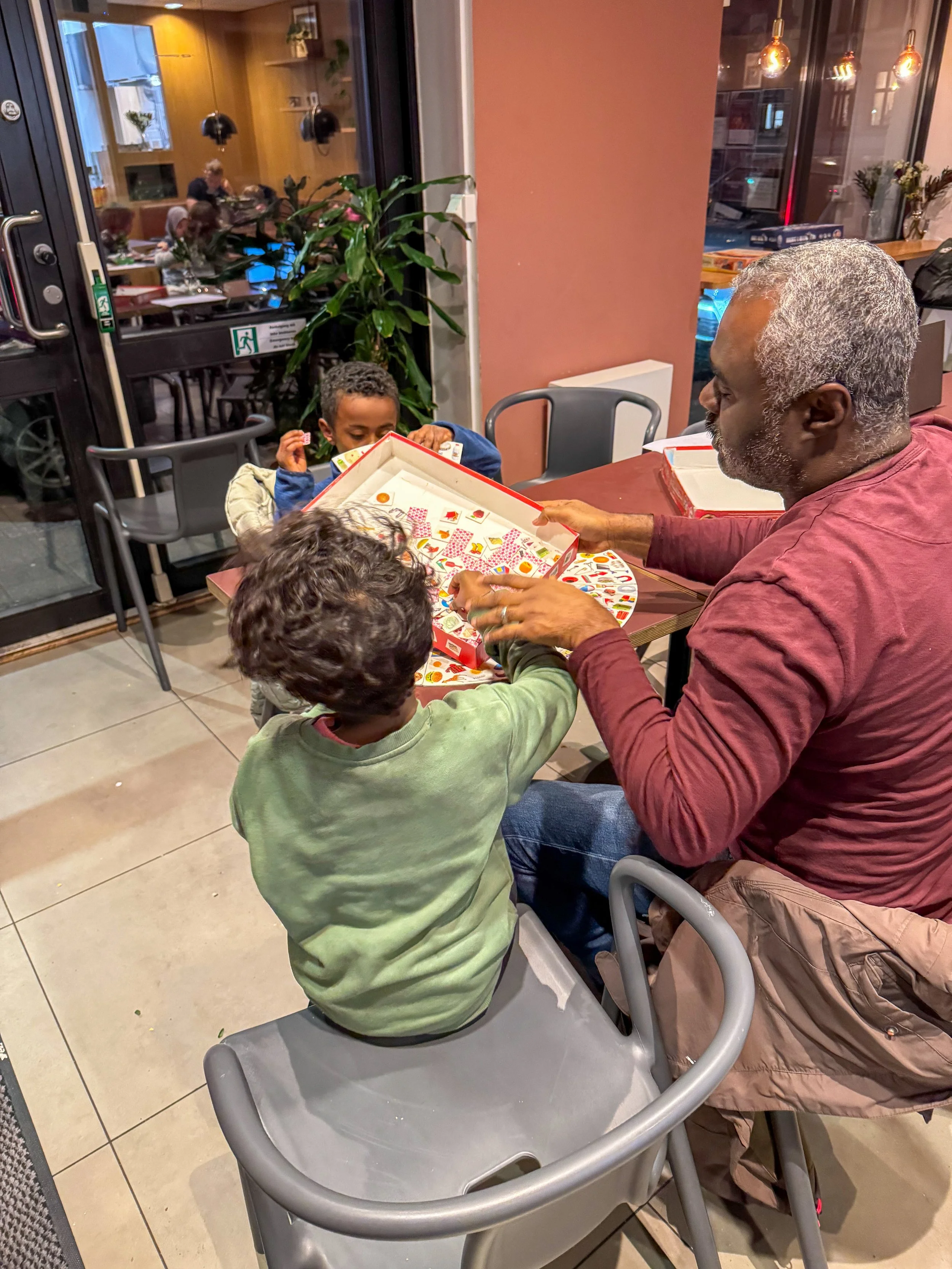Building Better Tomorrows for Brazil’s Most Vulnerable
For more than two decades, Grieg Foundation has stood as a cornerstone partner to the Children At Risk Foundation (CARF) and its Brazilian counterpart, Rede Cultural Beija-Flor (RCBF). Together, we have worked to provide safety, care, and better opportunities for the children and youth growing up in some of Brazil’s most vulnerable communities.
The Children At Risk Foundation (CARF) was founded in 1992 by Gregory John Smith, initially focusing on children living on the streets of São Paulo. After a decade of frontline experience, one reality became clear: prevention works better than “rescue after the fall.” This insight laid the foundation for a new partner organization in Brazil—Rede Cultural Beija-Flor (RCBF)—and a prevention-first approach that took root in Diadema’s most vulnerable neighborhoods.
Through free-access activity centers, the Beija-Flor Model matured into a holistic system of care. These centers became true “oases” in the favelas—safe spaces where children find trusted adults, join creative, trauma-informed programs, and rebuild confidence. Alongside arts and cultural activities, participants receive tutoring, vocational training, and educational support that make formal schooling and dignified work truly attainable.
“Beija‑Flor helped keep me engaged in positive activities and a supportive community throughout my youth—away from the criminal world that otherwise knocked at my door.”
— Bruno, 21
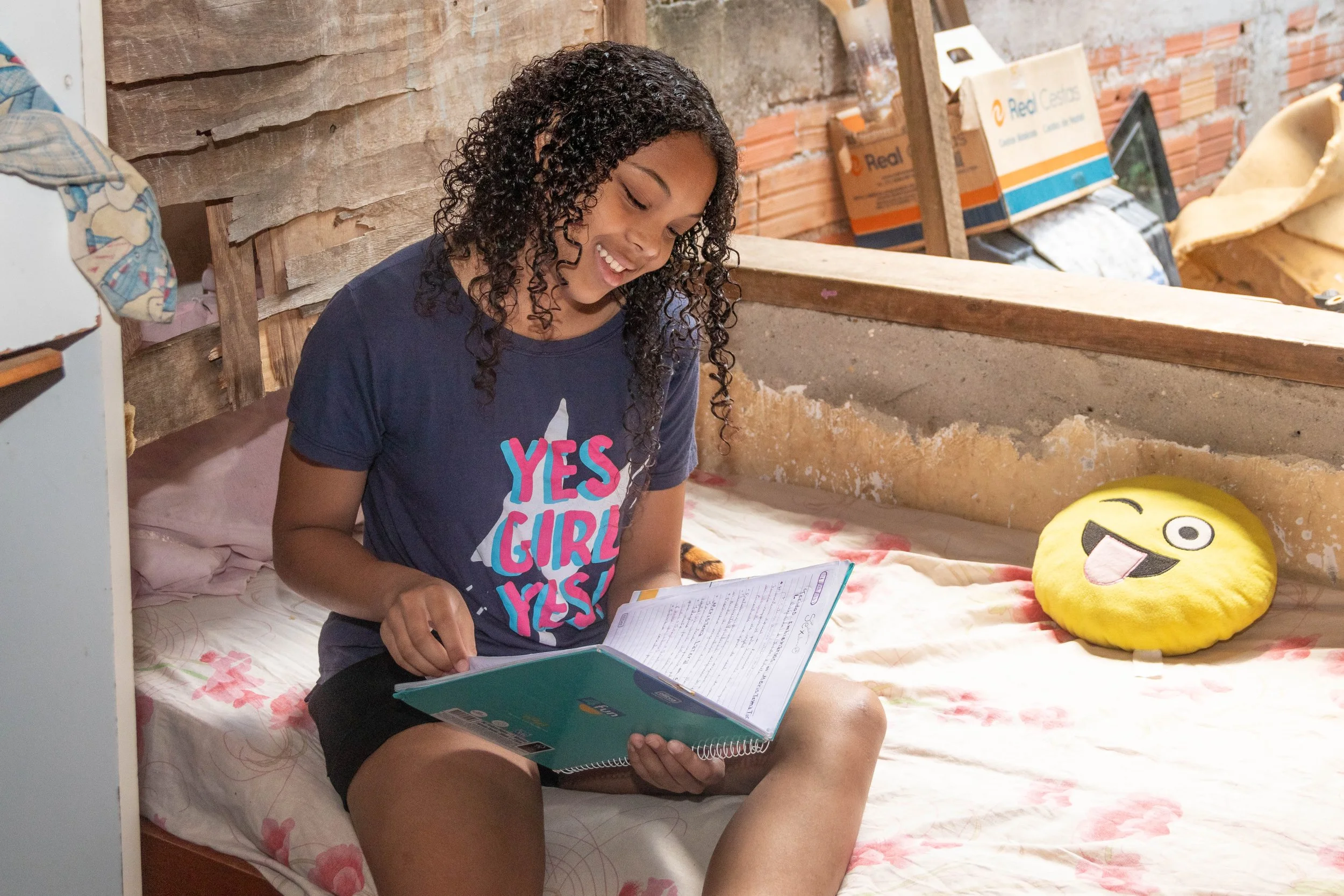
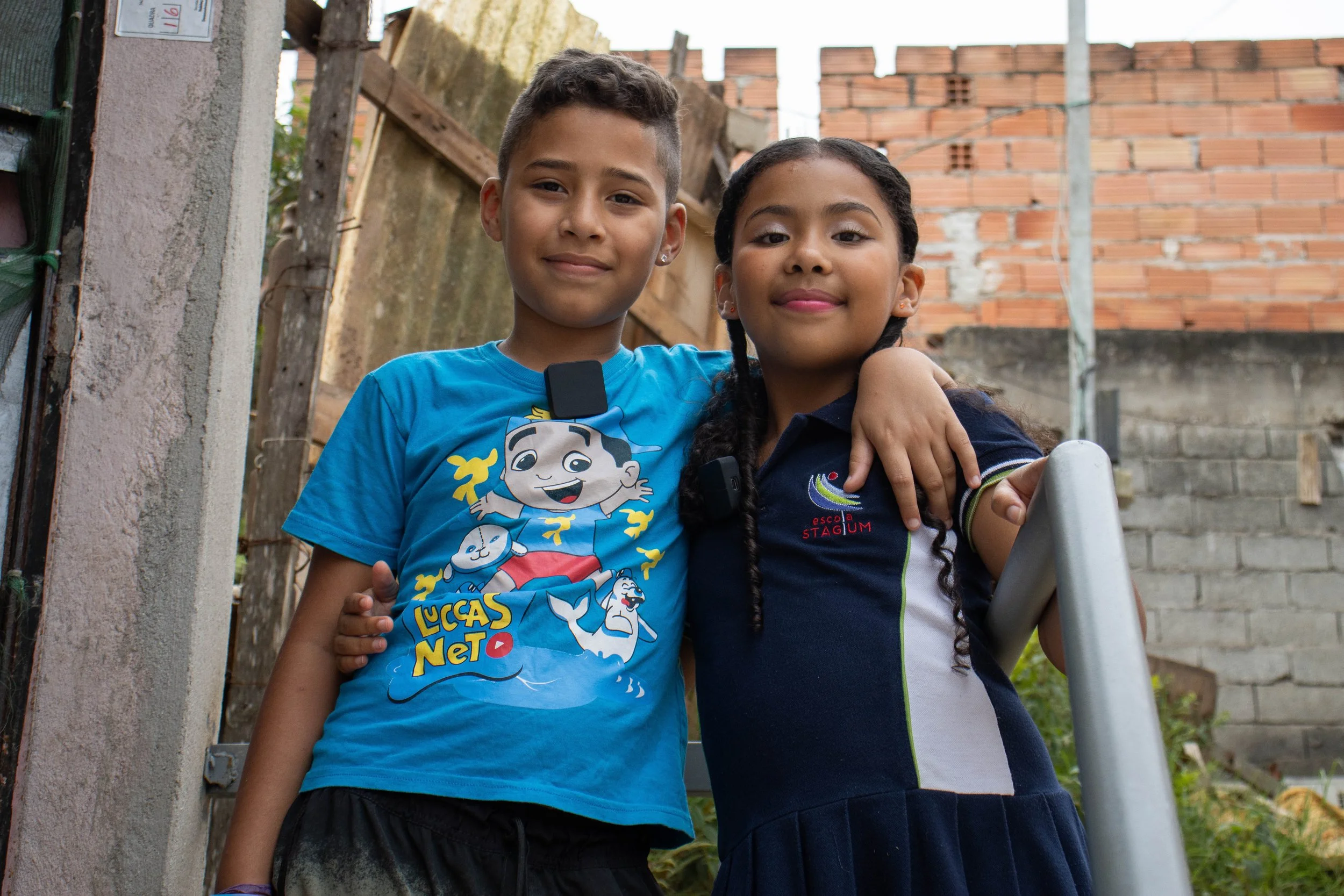
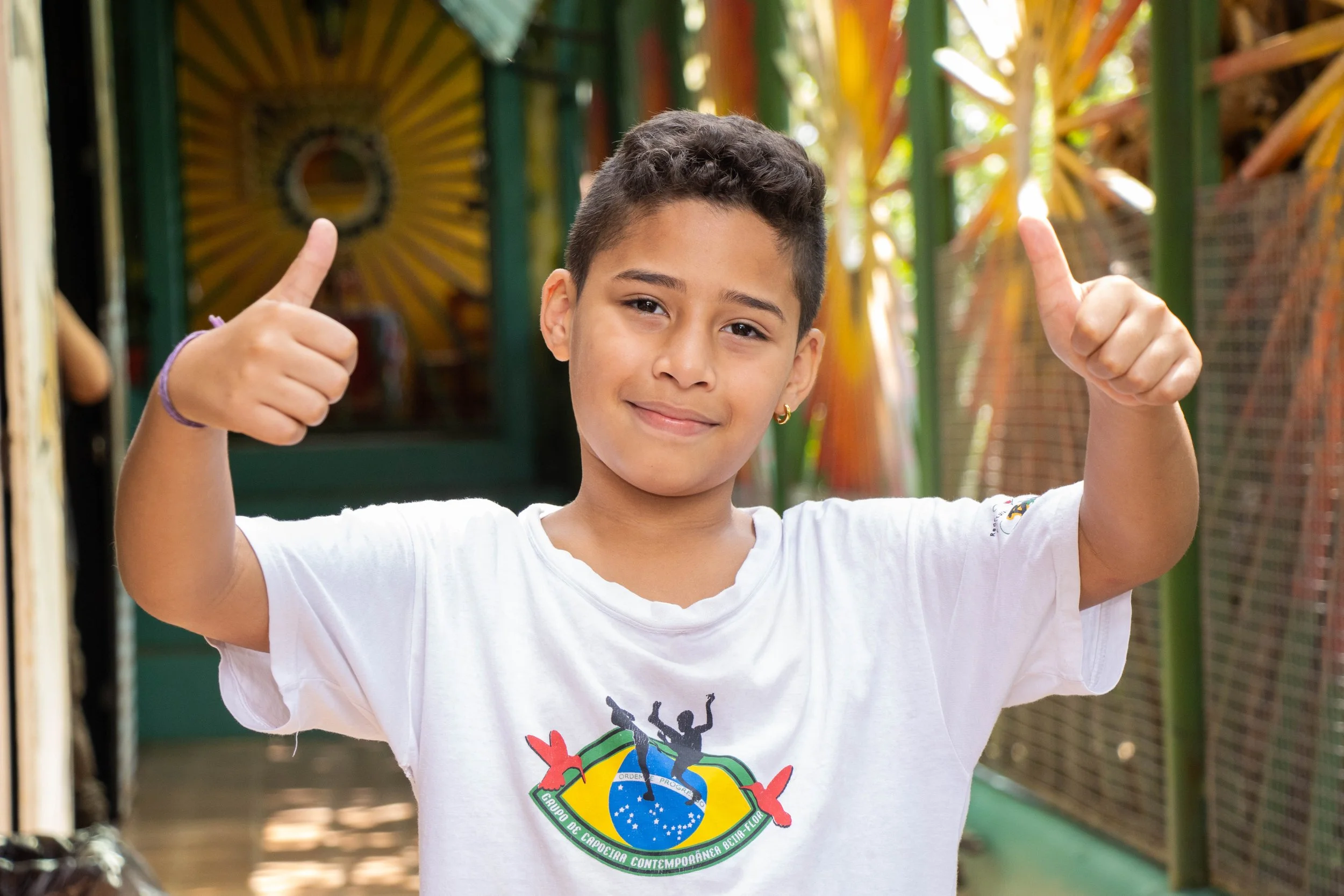
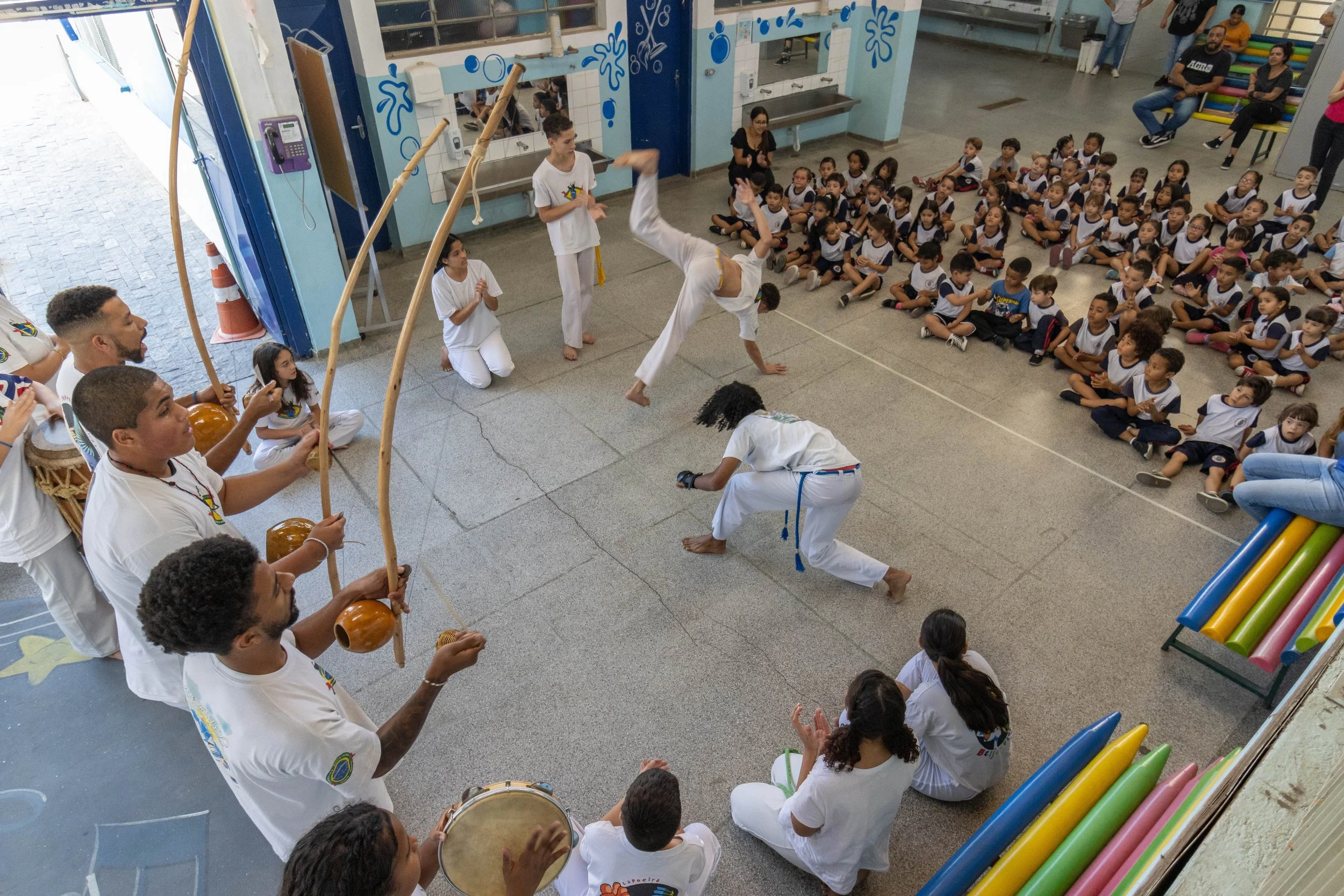
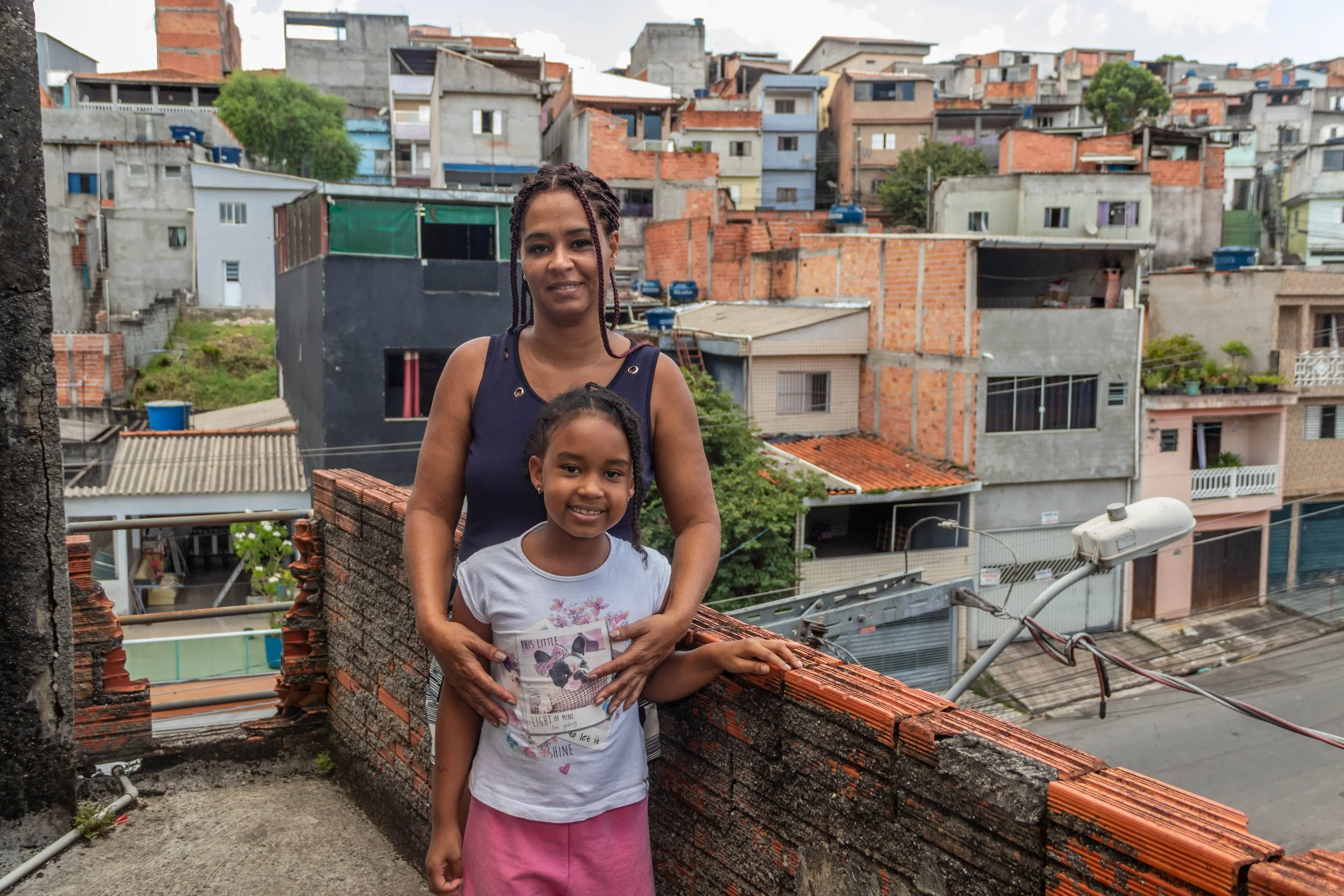
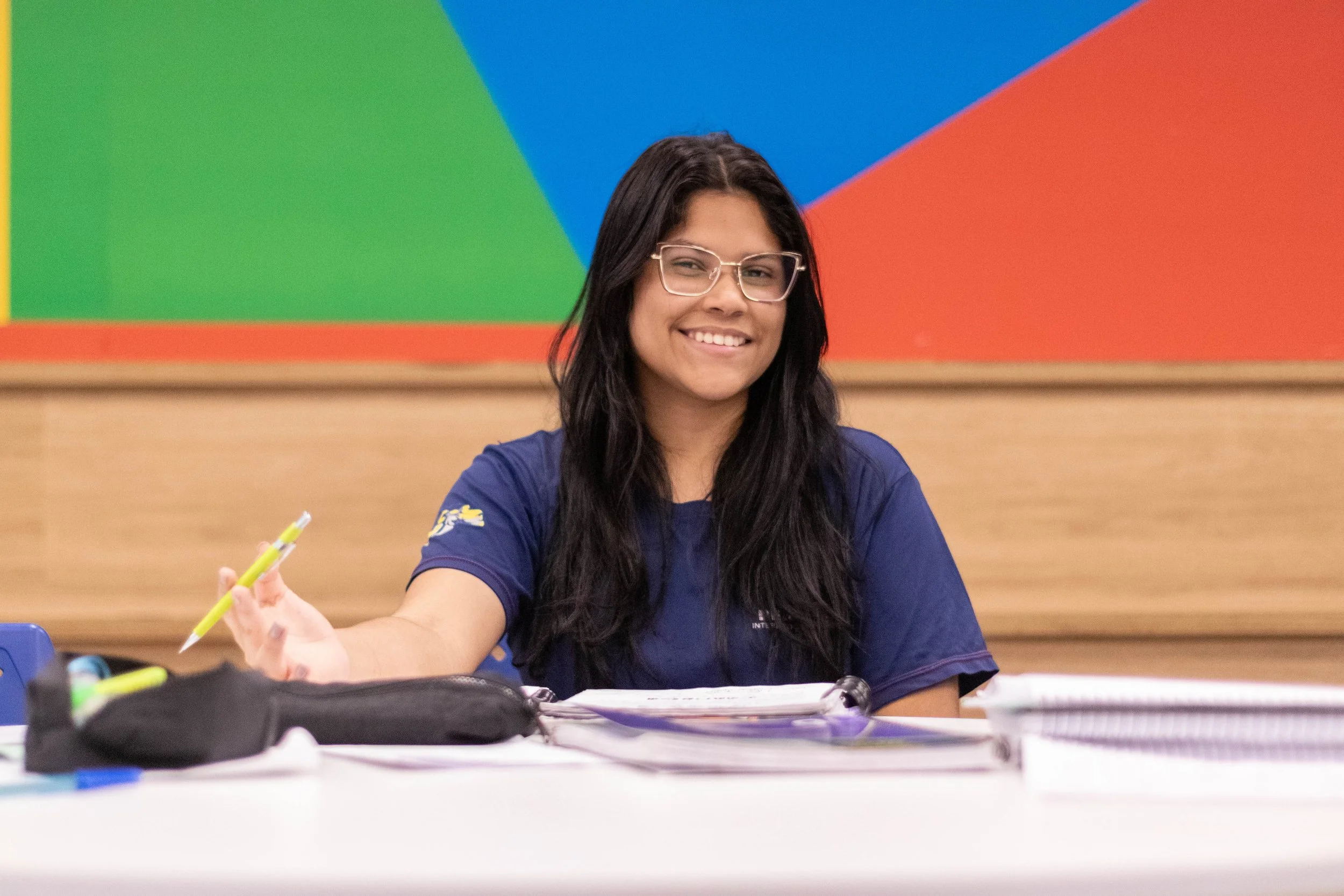
Long-term effects across a generation
Follow-ups with former participants reveal clear, measurable outcomes of sustained impact. Around 90% of Beija-Flor participants complete basic education—nearly double the average in these communities—opening doors to further studies and formal employment. Former participants also report higher rates of stable jobs and family life, while being far less likely to experience early pregnancy, substance abuse, incarceration, or violence. Participants consistently demonstrate proactive, future-oriented mindsets—which in our experience is an essential transformation for breaking cycles of poverty and hopelessness. (Based on a 2025 survey of approximately 120 former participants from programs spanning 2003–2022.)
“Without exaggeration, my time at Beija Flor was the most important experience of my life… It prepared me to face the difficult circumstances many of us experienced growing up in the favelas.”
— Diogo, 21
The VOA Project: A New Chapter in Community Empowerment
In the wake of COVID-19, needs intensified in the poor communities. With Grieg Foundation’s backing, CARF-RCBF launched VOA – Portuguese for “to fly” – broadening its focus from children to entire families and neighborhoods. This ambitious initiative rests on three pillars:
Arts and cultural activities for children and youth, that nurture creativity, self-esteem, and emotional resilience.
Vocational training and certification for youth and adults through partners such as SENAI, SEBRAE, and SENAC, alongside the popular Grieg-supported Ordalinos courses in hair and beauty.
Valiant Girls, a program providing scholarships and educational support for young girls with vulnerable backgrounds.
Early results of VOA are promising: many participants have already secured formal employment or continued their education, while scholarship recipients are on track to complete top‑tier schooling. One standout story is Stheffany, 18, who grew up in a favela built on a former landfill. Today, she studies at one of the region’s best high schools—and in 2024, she became one of the national winners in a physics and astronomy competition in her age-group.
“Thank you, Grieg Foundation, for giving me the chance to shape my own future. I can now steer my own journey in life.”
— Stheffany, 18
Building on 20 Years of Impact
The VOA Project stands as the latest testimony to the fact that long‑term partnerships can transform not only individual lives but entire communities. Since Grieg Foundation began supporting CARF–RCBF’s work with children in the favelas more than 20 years ago, we have witnessed the development of one of Brazil’s most comprehensive social models for children and youth. This commitment has not gone unnoticed: in 2024, Rede Cultural Beija‑Flor was honored as one of Brazil’s Top 100 NGOs, a recognition of quality, reach, and measurable impact.
On behalf of the children, families, and communities we serve – “Muito obrigado!”
Related stories
STORIES FROM OUR PRIORITY AREAS
All · Children & youth · Music & culture · Health & research · Climate action · Social impact investment



